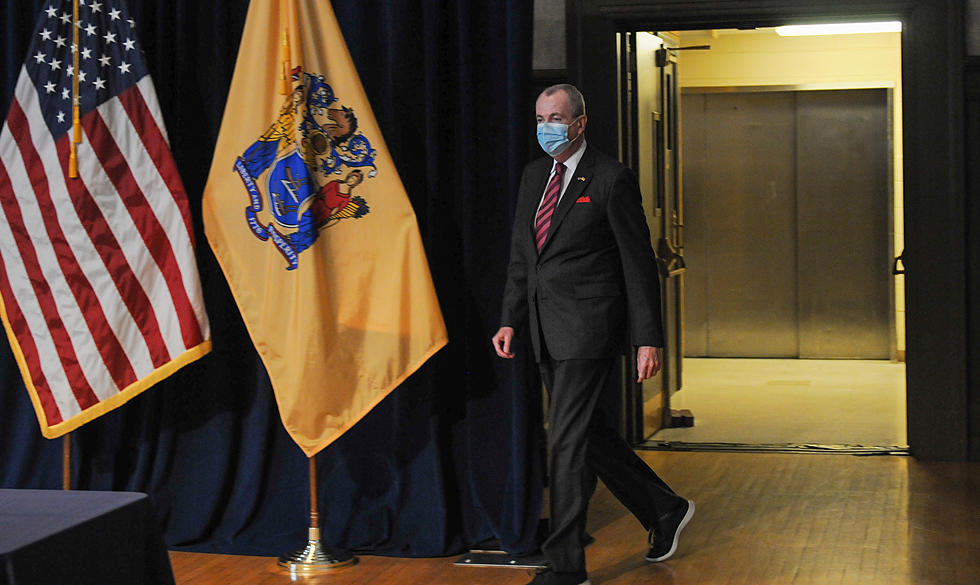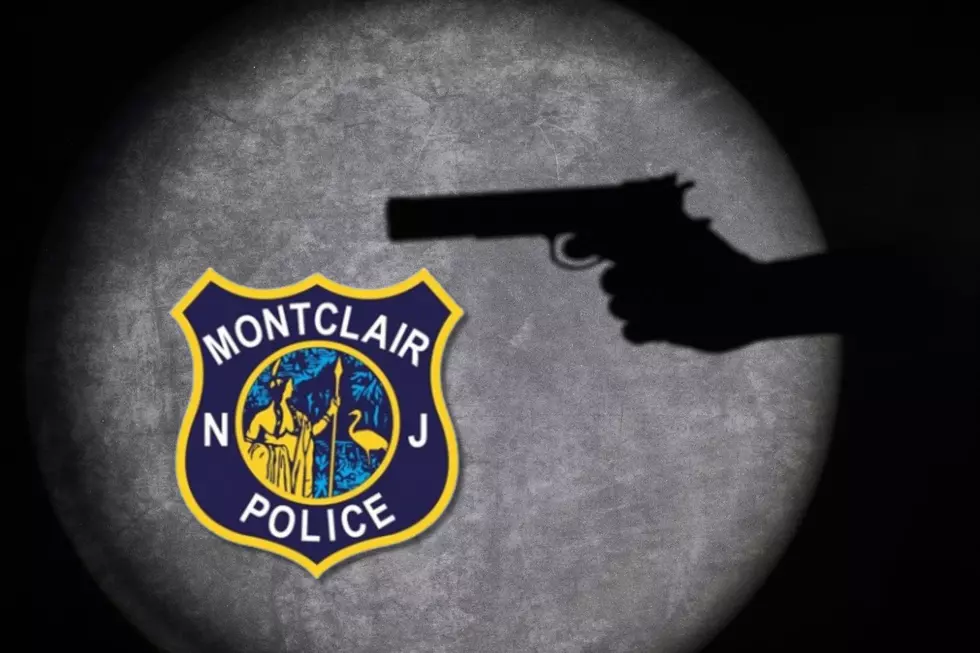
Poll: NJ Supports Social Distancing, Murphy Virus Response
New Jersey residents broadly approve of Gov. Phil Murphy’s job performance and the social distancing restrictions he has imposed in response to the coronavirus pandemic, according to today’s results of a new Monmouth University Poll.
Nearly two-thirds of New Jersey adults, 64%, said the measures taken by New Jersey state government to slow the spread of the virus are appropriate. Among the others, twice as many say they haven’t gone far enough, 23%, as say they have gone too far, 11%.
Residents feel better about Murphy than President Donald Trump and are more supportive of the state’s response to the virus than the federal government’s.
Trump’s job rating improved to 41% approve, up from 37% in September, while his disapproval rating remained basically constant at 56% now and 55% in September. While 79% of New Jerseyans said that Murphy had done a good job dealing with COVID-19, 41% said Trump had done a good job.
“Just across the board, I think, New Jerseyans feel that they need somebody to say, ‘Hey, these are the things that we need to do to keep everybody safe,’ and they’re willing to do that," said Patrick Murray, director of the Monmouth University Polling Institute. "The protesters who are out there saying that this has gone too far really represent a very, very small sliver of the 9 million New Jerseyans that live in the state.”
Murphy’s job approval rating is now 71%, up from 41% in September. Twenty-one percent of New Jersey adults disapprove of the job he’s doing, down from 21% in the last poll. And he has finally fully broken into the public consciousness, as just 8% have no opinion of him, down from 21%.
“Obviously, a lot of it has to do with the coronavirus handling," Murray said. "When we asked a bunch of questions about the different aspects of this, it’s pretty much across the board that people in New Jersey say that the state is handling this the right way.”
Murphy’s job approval number has increased by 21 percentage points among Democrats, 41 points among independents and 29 points among Republicans.
More than 9 in 10 New Jerseyans said they support requiring people to maintain 6 feet of distance and wear face coverings in public, limiting restaurants to takeout and delivery and closing gyms. Nearly as many, particularly considering polling error margins, back banning all gatherings, delaying the state’s primary to July and closing libraries, child care centers and nonessential retail stores.
To lesser but still strong degrees, New Jerseyans also said they support limiting supermarket hours (80% approve), stopping nonessential construction projects (74% approve) and closing state and county parks (70% approve). Most people were unaware the state was publicly naming people cited for outbreak violations – the “knucklehead report,” as Murphy dubs it – but 64% said they approve of that.
Eighty-seven percent of adults agree with keeping New Jersey schools closed at least through May 15, though a little more than half feel it would be better to just announce now that schools will be closed until the fall, rather than reassess every four weeks.
The only area where residents feel New Jersey falls short is the rate of COVID-19 testing, with 67% of residents saying not enough tests have been offered. But only 3 in 10 blame that problem on the state government, with just as many saying it’s out of the state’s control.
Forty-two percent of state residents say measures taken by the federal government have been appropriate while 51% say they have not gone far enough. Another 5% say the federal measures have gone too far.
“It’s basically a majority of the public say that the federal government is not going far enough with what it is doing to tamp this down whereas the state is," Murray said.
Murray said Murphy's approval number, 71% among adults and 72% among registered voters, "is pretty much in line" with where Gov. Chris Christie peaked after Superstorm Sandy, 74% in a Quinnipiac University Poll in January 2013.
"The difference that we’re looking at in the long term, of course, is that the vast majority of New Jerseyans recovered from Sandy very quickly. That does not appear to be the case for this COVID virus outbreak because the economic impacts are so widespread," Murray said.
Christie's job approval ratings stayed in the 60s throughout 2013, Murray said, but was lower among those who were hit most directly by Sandy and struggling to recover.
“That’s the question that I have," Murray said. "We don’t have the answer for it, but obviously this is going to be a longer-term impact statewide than Sandy was.”
The Monmouth University Poll was conducted by telephone from April 16 to 19 with 704 New Jersey adults. The results have a margin of error of +/- 3.7 percentage points.

READ MORE: Here are 10 ways to help others who are struggling right now
More From WPG Talk Radio 95.5 FM










